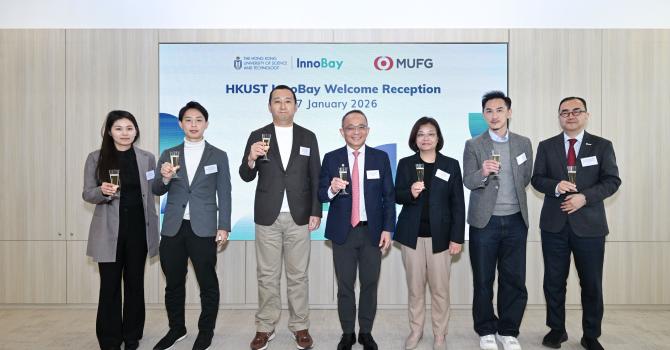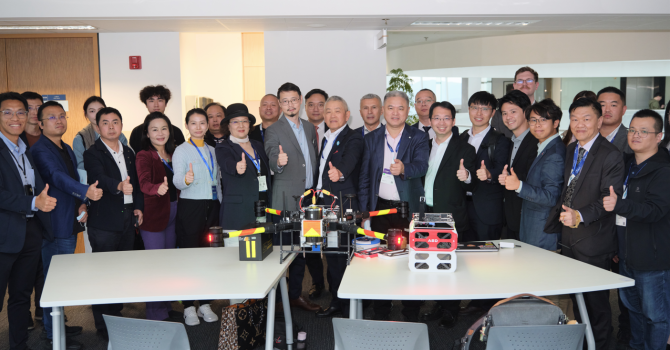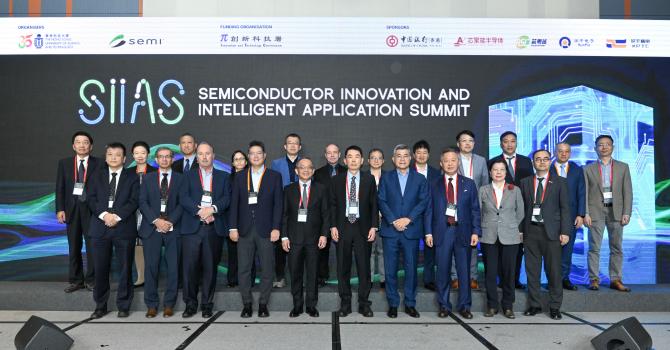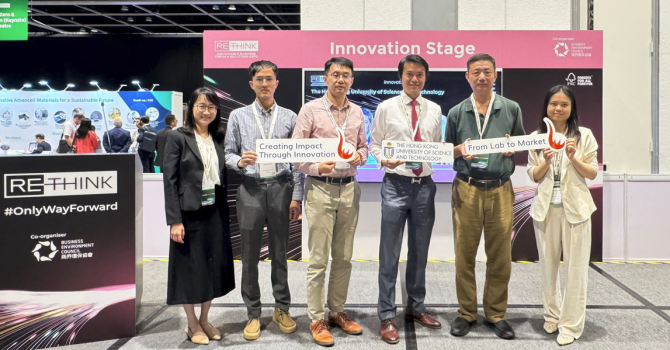From Lab to Clinic: The Biomedical AI Revolution Takes Flight at HKUST
The Hong Kong University of Science and Technology (HKUST) took a bold step toward redefining modern healthcare as it hosted the Industry Engagement Day Plus, bringing together more than 150 distinguished leaders from government, academia, and industry. This gathering marked a pivotal moment in Hong Kong's journey to become an international hub for medical innovation through artificial intelligence.
The morning symposium set the stage with thought-provoking discussions led by prominent figures including Dr. Ronald Lam, JP, Director of Health for the HKSAR Government, who shared valuable insights into policy frameworks supporting AI integration in healthcare. Experts from leading institutions such as Tencent AI Lab, Tsinghua University, and Shanghai Jiao Tong University contributed cutting-edge perspectives on how machine learning is transforming everything from medical imaging to drug discovery.
A highlight of the event was the dynamic technology showcase featuring nine promising startups emerging from HKUST's innovation ecosystem. These ventures demonstrated groundbreaking solutions including AI-driven diagnostic tools that dramatically reduce screening times, next-generation drug discovery platforms, and advanced wearable devices for patient monitoring - all prime examples of how academic research can translate into real-world medical applications.
Organized by HKUST's Office of Knowledge Transfer, the event powerfully demonstrated the potential of cross-sector collaboration. "This gathering exemplifies why HKUST continues to be recognized as a leading innovation hub in Asia," remarked [HKUST Representative]. "By connecting our brightest researchers with industry partners and policymakers, we're accelerating the development of life-changing healthcare solutions."
As the biomedical AI field continues to evolve at a rapid pace, initiatives like this underscore HKUST's commitment to positioning Hong Kong at the forefront of medical technology innovation. The breakthroughs showcased offer just a glimpse of how artificial intelligence will reshape global healthcare delivery in the coming years.
For those who missed the event, highlights and ongoing developments can be explored [insert link]. The university looks forward to building on this momentum as it continues to bridge the gap between laboratory research and clinical implementation.




